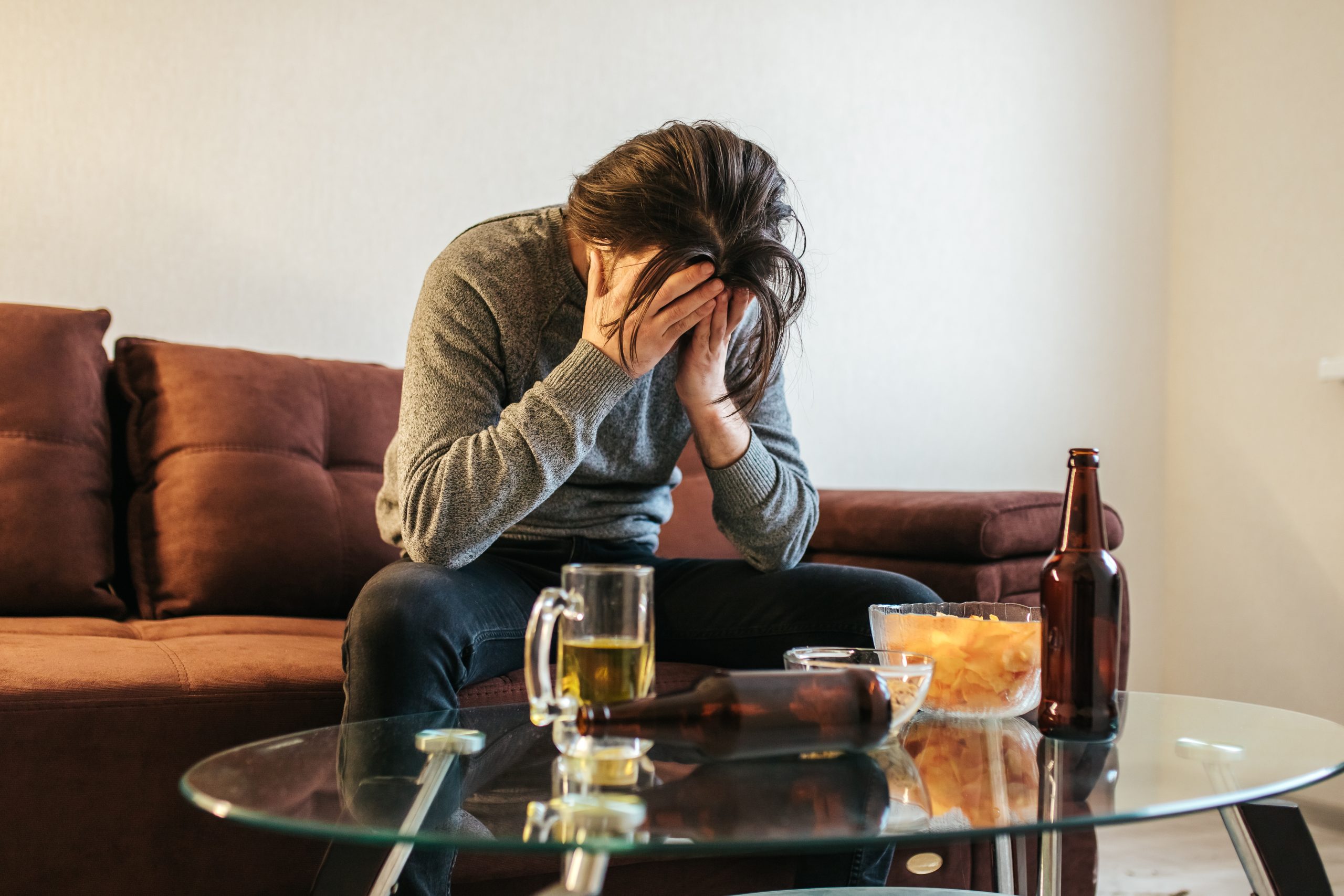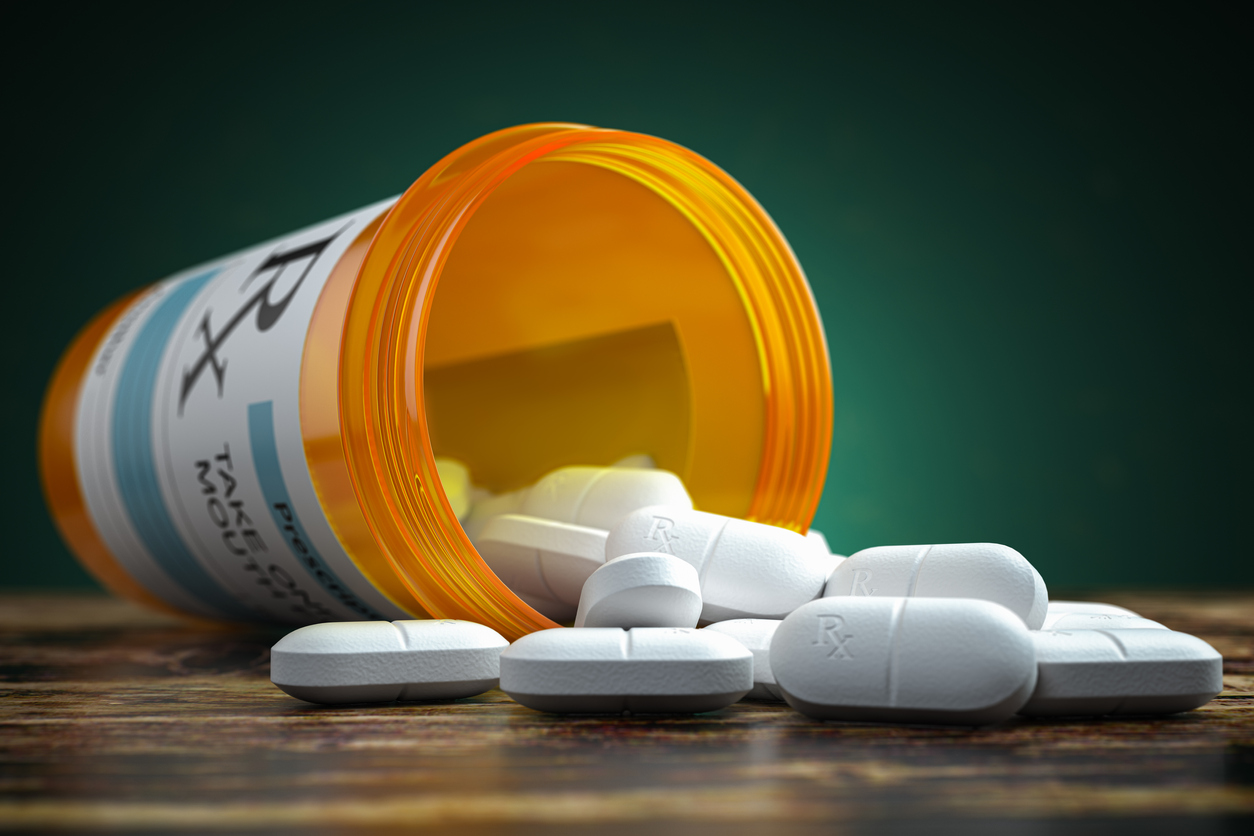The term “withdrawal” related to drugs and alcohol is most often associated with heroin or other powerful opioid medications. The physical reactions that a person experience’s when they are unable to use a substance that causes physical dependency, such as heroin or fentanyl, or OxyContin.
Withdrawal, or drug withdrawal syndrome or substance withdrawal syndrome, is the physical, mental, and emotional symptoms that occur upon the abrupt discontinuation or decrease in the intake of certain substances, which can be used medicinally or recreationally. As an example, if a regular user of heroin abruptly stops using heroin, they begin to have both physical and mental symptoms, such as hot and cold sweats, muscle aches, and anxiety.
Almost all drugs and alcohol, when used regularly or daily, will cause some level of physical, mental, or emotional withdrawal symptoms. However, as some drugs are different, withdrawal symptoms from drugs differ from each substance. Additionally, the different withdrawal symptoms can be different from person-to-person, based on the amount of substance used, the regularity, other substances that may be used simultaneously, or a person’s biological and genetic makeup. In this post, we will highlight the 3 most
Drugs with Fatal Withdrawal
And while some withdrawal symptoms make the individual feel like they are dying, there are withdrawals from certain substances that can be extremely dangerous and fatal. Here are the drugs that can cause fatal withdrawal symptoms:
Alcohol (fatalities from alcohol detox)

Severe alcohol withdrawal can cause potentially life-threatening consequences. Hallucinations, seizures, and Delirium Tremens (DTs) are among the most dangerous symptoms. These hallucinations can be auditory, visual, or tactile, and can be very scary, which can lead to relapse or other health concerns. Seizures during withdrawal may occur in a series, increasing the risk of physical injury or more severe neurological complications.
The most severe symptom of alcohol withdrawal is Delirium Tremens, a medical emergency characterized by sudden and severe mental or nervous system changes. Often referred to as “DTs”, they typically emerge 2-to-3 days following the cessation of alcohol intake and are marked by confusion, rapid heartbeat, high blood pressure, fever, and heavy sweating. This state can directly lead to a fatal withdrawal due to complications such as respiratory failure, cardiac arrhythmias, or severe electrolyte imbalances.
Furthermore, the physical effects of these symptoms can indirectly lead to death. For instance, during hallucinations or seizures, an individual may lose awareness of their surroundings, increasing the likelihood of fatal falls or serious accidents. Additionally, individuals experiencing DTs are at a higher risk of self-harm or harm to others due to their altered mental state. It’s crucial for individuals undergoing severe alcohol withdrawal to receive medical attention in a controlled environment where symptoms can be closely monitored and treated to prevent these life-threatening complications.
Benzodiazepines or “benzos” (fatalities from benzo withdrawal)

Benzodiazepines, including drugs like Xanax, Valium, Klonopin, and Ativan, belong to a class of drugs known as depressants. These medications are primarily prescribed for the treatment of conditions such as anxiety, panic disorders, insomnia, and sometimes for muscle relaxation or to alleviate alcohol withdrawal symptoms. Despite their therapeutic benefits, benzodiazepines or “benzos” have a high potential for misuse and dependency, particularly when used for prolonged periods or not as prescribed.
The misuse of benzos often arises from prescribed medication, which can be abused, misused, or continued beyond the recommended duration. While some people may acquire benzodiazepines illegally, most cases of misuse stem from prescription drugs. Misuse can involve taking higher doses than prescribed, using the medication more frequently, or taking it in ways not intended, such as crushing and snorting tablets.
Withdrawal from benzodiazepines can be dangerous and potentially life-threatening, especially after prolonged or high-dose use. The symptoms of withdrawal range from mild to severe and can include both medical and psychological issues. Physically, individuals may experience symptoms such as tremors, sweating, heart palpitations, muscle spasms, and in severe cases, seizures. Benzodiazepine withdrawal seizures are particularly dangerous as they can be protracted and difficult to control, posing a risk of fatal outcomes.
Fatalities from Opioids

Most people do not think that opioid withdrawal symptoms can be fatal, and often, they are not. While many individuals report that withdrawals from opioids make them feel like they have the “flu times 100” or that they feel like they “want to die”, most often withdrawal symptoms from opioids are painfully uncomfortable but not life-threatening. However, in severe cases, certain withdrawal symptoms from opioids can be fatal. This includes vomiting and diarrhea, which can cause dehydration and lead to a fatal overdose. Opioid withdrawal can also be fatal if an individual chokes on their own vomit, which can cause death by asphyxiation.
For all withdrawal symptoms from drugs and alcohol, whether that can be fatal or not, it is important to seek round-the-clock medical care and support. It is vital that medical personnel are able to monitor the patient as they go through symptoms of withdrawal, and can appropriately support them with medications, clinical approaches, and emotional support.
The Importance of Medically Supervised Detox
Here at Innovo Detox, we understand that regardless of the drugs and alcohol an individual is using, they often are in for a fairly uncomfortable withdrawal, so the need for medical detox is paramount in the beginning of a journey of overcoming their addiction.
The fear of withdrawal and thoughts of withdrawal discomfort can keep someone using or misusing substances for many years. Therefore, we want to make sure that we offer all the available comfort and support to help someone detox safely and comfortably, to free them from the deadly grips of drugs and alcohol and help them begin a journey of freedom from addiction.
If you or someone you know needs help for addiction or co-occurring disorders, please give us a call. Innovo Detox offers the latest in evidence-based medical, psychiatric, and clinical care for those in need of detox and medical stabilization in Pennsylvania and the surrounding Mid-Atlantic area. If we aren’t the best fit for you or a loved one, we will take the necessary time to work with you to find a detox, rehab, treatment center or provider that better fits your needs. Please give us a call at (717) 619-3260 or email our team at info@innovodetox.com.
